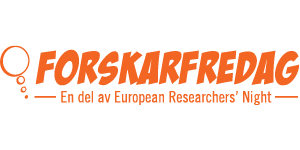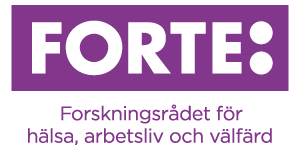Regional heats of the 2019 Researchers’ Grand Prix were held during Researchers’ Night on 27 & 28 September 2019. Below we present the finalists, who competed in the national final in Stockholm on 26 November 2019.
Finalist: Frida Lygnegård

What affects youth participation?
Getting involved in everyday situations creates opportunities to develop skills that are important later in life. The experience of participation is not just about being physically present in a situation, but also about how the person experiences the situation. In order to describe this experience, the young person’s own opinions must be taken into consideration and data collection methods need to be adapted so that young people can answer questions based on their different circumstances. I’m researching how young people in compulsory level education value their participation in activities in and outside of school and what influences their experience of participation.
Finalist: Jesko Schulte

You care about sustainability but why should companies?
Motivation is the key to any form of change. Transforming our society into a sustainable one is where change is most needed. Product development companies play a key role in this transition – products are everywhere around us! But what then drives companies to care about sustainability, i.e. environmental and social aspects? Well, it turns out to be largely about smart risk management – avoiding threats and seizing opportunities. For example, how good a company is at sustainability increasingly determines whether it is affected by scandals or can build a strong brand. It also affects its ability to attract the most capable employees and be competitive in the long run. In my research, I am looking at how risk management can be used as a tool to motivate companies to clearly commit to sustainability and help to lead the way to a sustainable society.
Finalist: Akram Zamani
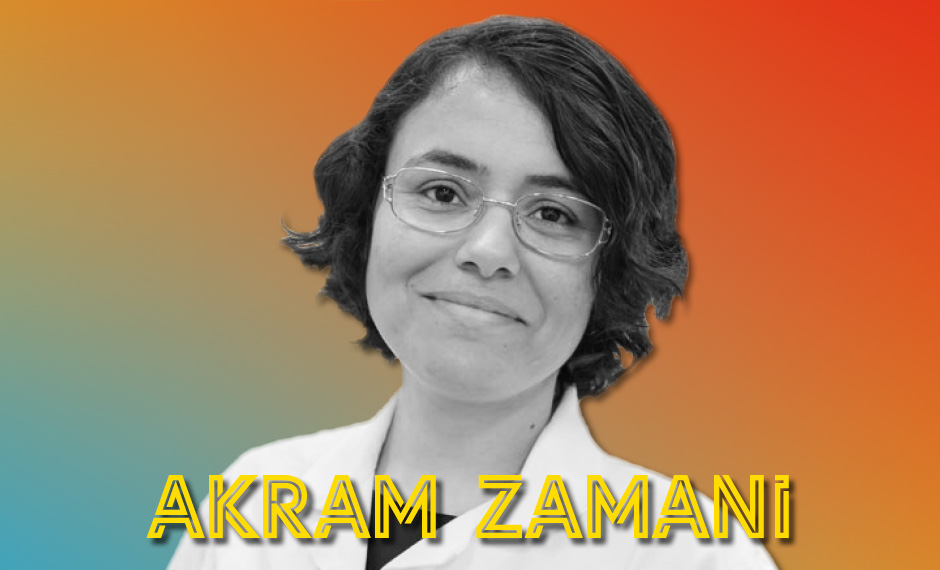
Sustainable fungal textiles from food waste
There is great demand for sustainable textiles. Currently, huge quantities of energy, water and chemicals are used in the textile industry and there is a shortage of cotton. Most of us walk around in synthetic clothing, which releases microscopic plastic particles every time we wash. There is a lot of concern about how they are affecting humans, animals and our environment.
At the same time, there is another major environmental problem. Each year in Sweden about 80,000 tonnes of bread ends up being thrown away, which is a loss both financially and for the environment.
My research is taking a new approach to dealing with both problems by using bread waste for the production of new sustainable textiles. We let fungi grow on old bread and create yarns and textiles from the fungal fibres. We hope that fungal textiles can be used for variety purposes, for example in healthcare, as bandages or surgical sutures that can be absorbed by the body. In this way we are solving two environmental problems at the same time.
Finalist: Lisa Waltersson

Reducing inactivity using new technology
For many people, transitioning from working life to retirement results in a different lifestyle that involves less activity and a more sedentary way of life. This leads to an increased risk of various lifestyle-related diseases, which are the leading causes of death and disabilities amongst the elderly.
In order to encourage newly-retired people to be more active, I am developing an app, together with some of its intended users. The best way to develop future health technologies is not create it for end users, but to work together with them.
Finalist: Keivan Javanshiri
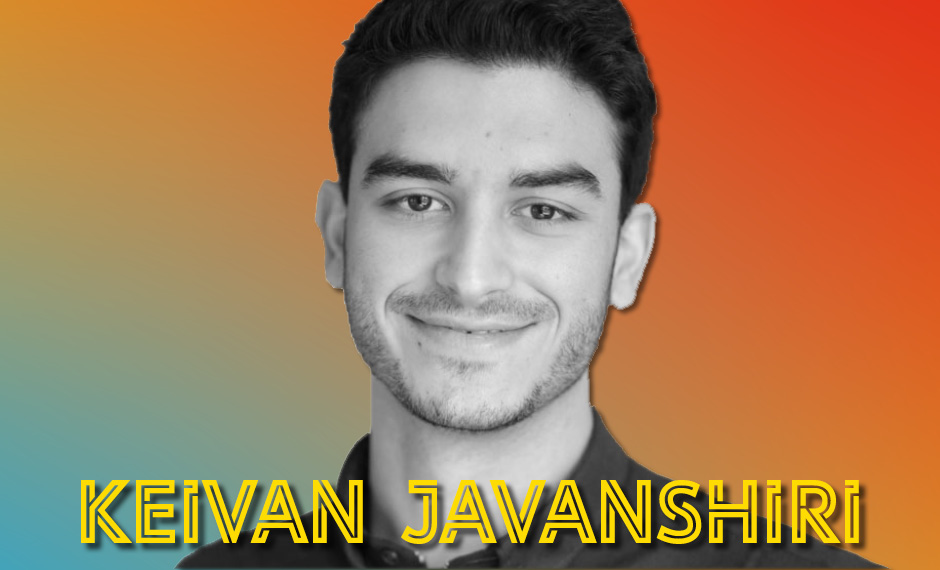
Can we prevent dementia through a healthy lifestyle?
My presentation discusses whether common illnesses such as diabetes and cardiovascular disease affect our risk of developing dementia. Dementia is a collective name for a group of brain diseases that affect millions of people worldwide and for which we still have no effective treatment today. If there is now a connection between these diseases, can we prevent dementia by treating and preventing diabetes and cardiovascular disease?
At the Department of Neuropathology in Lund, I am investigating whether diabetes and cardiovascular disease are risk factors for developing dementia. I study cases of people with dementia that have died and their history of disease to see if there is a connection. Poor diet and little exercise are highly contributing factors to diabetes and cardiovascular disease. Are there also factors that influence the development of dementia?
Finalist: Joakim Jaldén
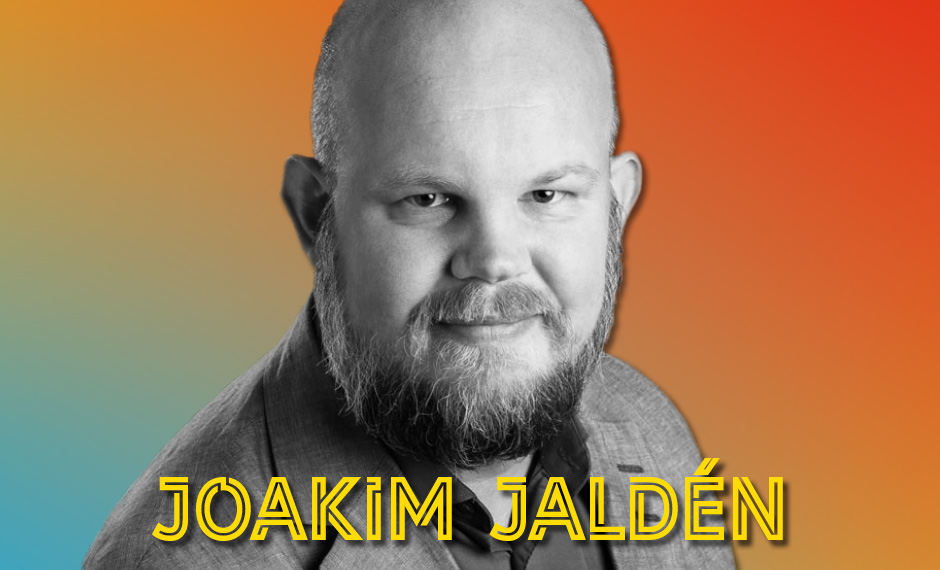
Mathematics for counting cells
Where do all the proteins caught up in a membrane covered by antibodies come from? This question is relevant for the production of vaccines, for example, and can be answered with the help of mathematics.
I am a professor of signal processing, an area of electrical engineering that uses mathematics, physics, and probability theory to extract useful information from data. My group has recently been investigating how you can calculate the number of protein-producing cells based on where the proteins are. In this type of immunological experiment, we are interested in the proportion of cells in the immune system that respond to a tested stimulus, but you can only indirectly observe this by observing where the proteins produced by the cells gather once the experiment is over. By mathematically describing how proteins diffuse and interact, we can statistically calculate where the proteins must have come from, and the number of cells that produced them.
Finalist: Tejaswi Badam
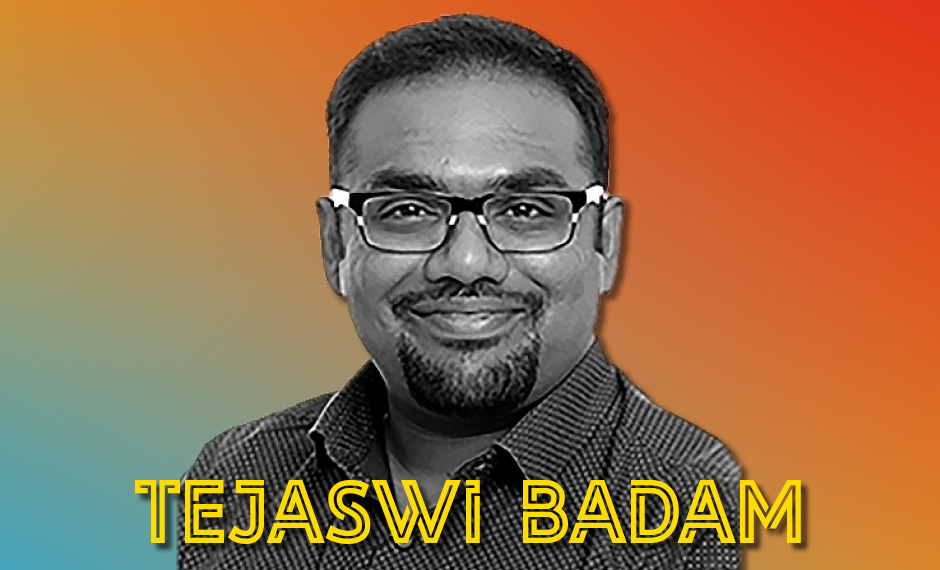
Personalized Medicine – tailoring disease treatments using networks
Bad reactions to drugs account for 3% of deaths in Sweden. Besides genetic factors, there are other factors like sex, age, diet, lifestyle, and environment that impact a patient’s response to a drug. Thus, there is a need of developing a personalized medicine approach to improve the safety and efficacy of drugs.
Recent developments in genomic medicine suggest taking into account genomic knowledge about the individual patient. This knowledge can be represented as network of interconnected genes that tend to form tightly connected “gene communities”. These structures are referred to as modules and are often dysfunctional in various diseases.
”My research is about identifying such modules of interconnection and communication within the genome of the patients and make a prediction of developing drug reactions before the implementation of the drug therapy itself. A virtual model for tailoring drugs and their response on a personalized level is the ultimate research aim.” says Tejaswi.
Finalist: Oliver Konzock
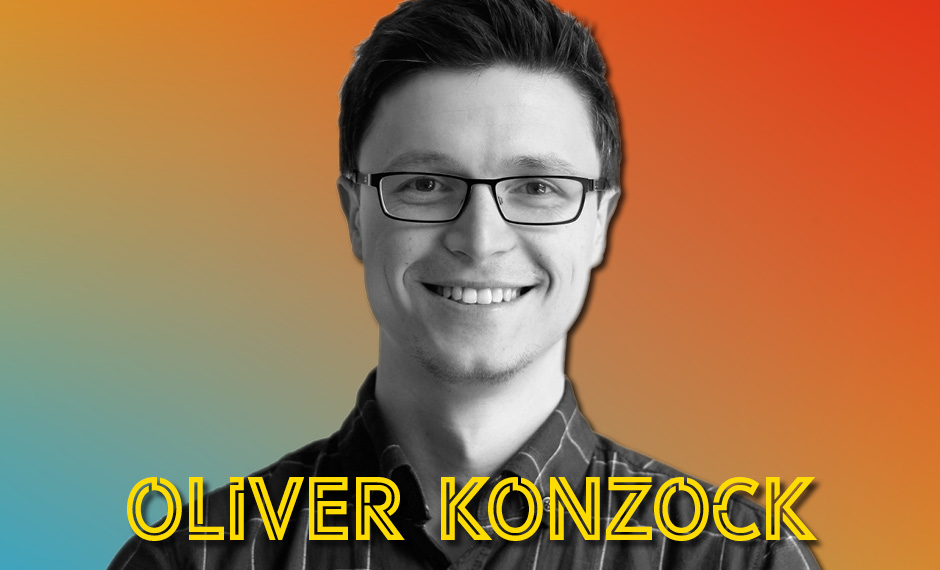
How can yeast save the rainforest?
The world population is growing and so is the demand for food oils such as palm oil. To cover those demands vast areas of rainforest are being destroyed every year to make space for monocultures. Unique ecosystems are vanishing, and entire species are being threatened with extinction.
But there is hope – yeast! By applying a variety of biotechnological tools, it is possible to engineer yeast to produce food oil equivalents. With its help, the demand for food oil could be covered in a more sustainable way.

